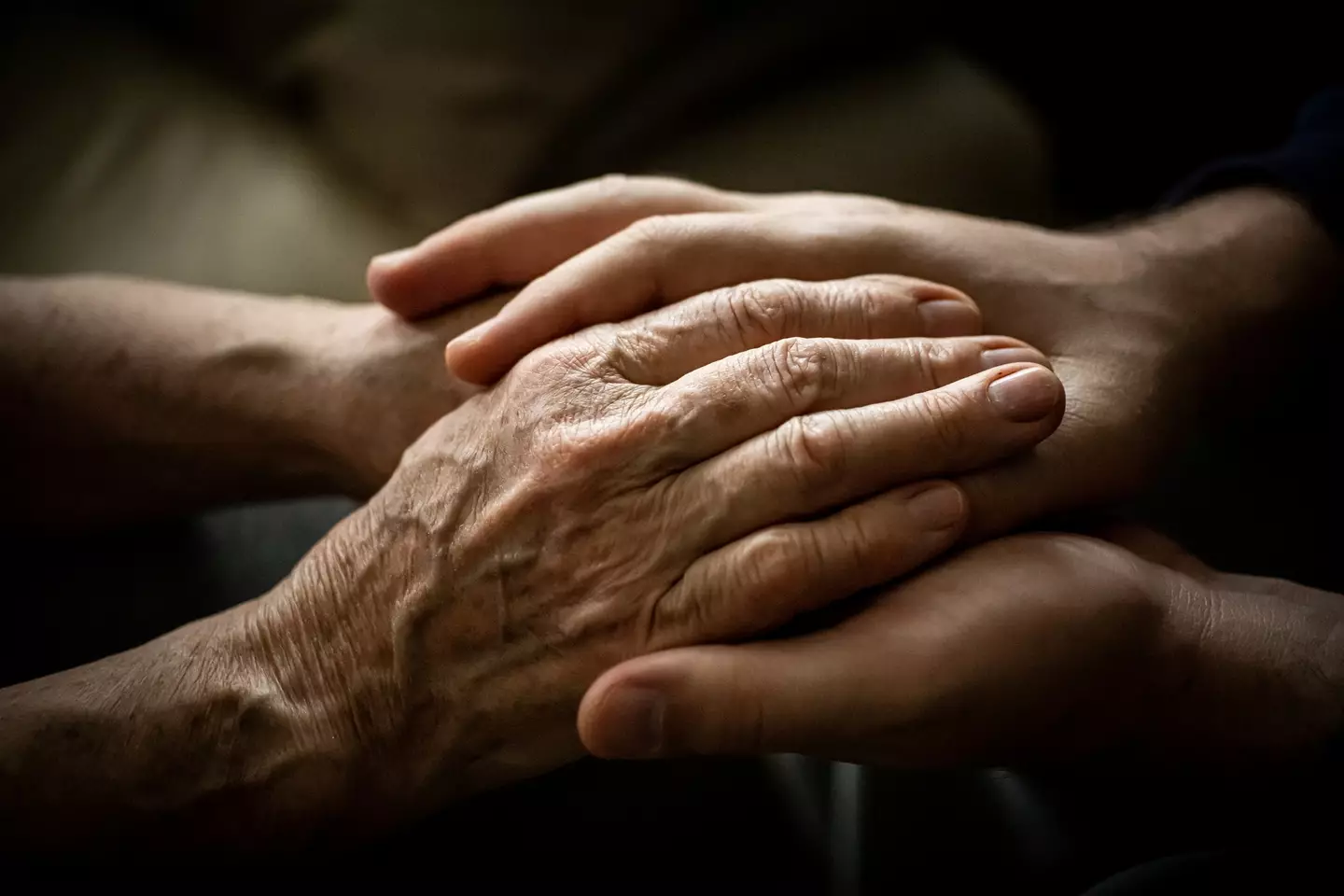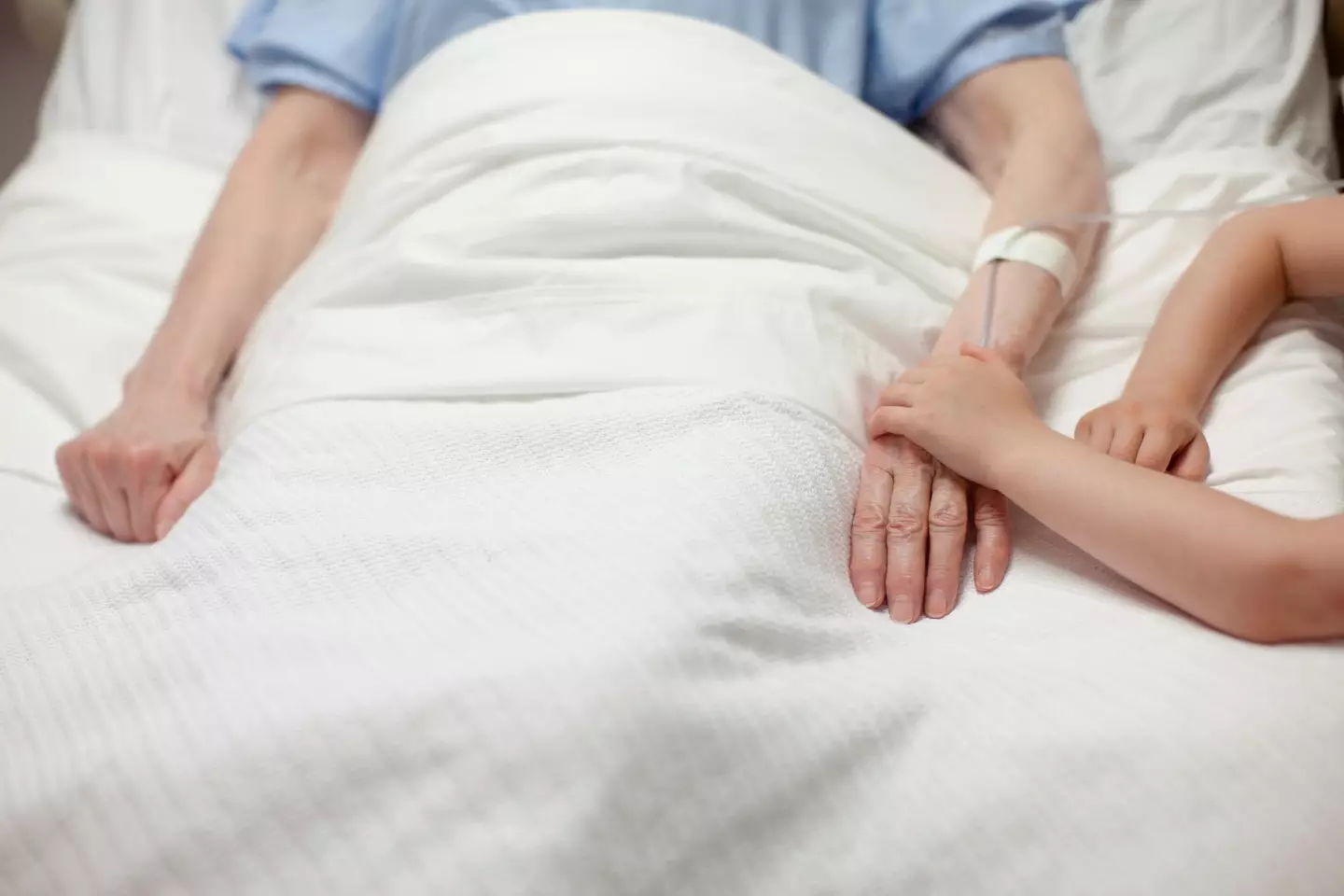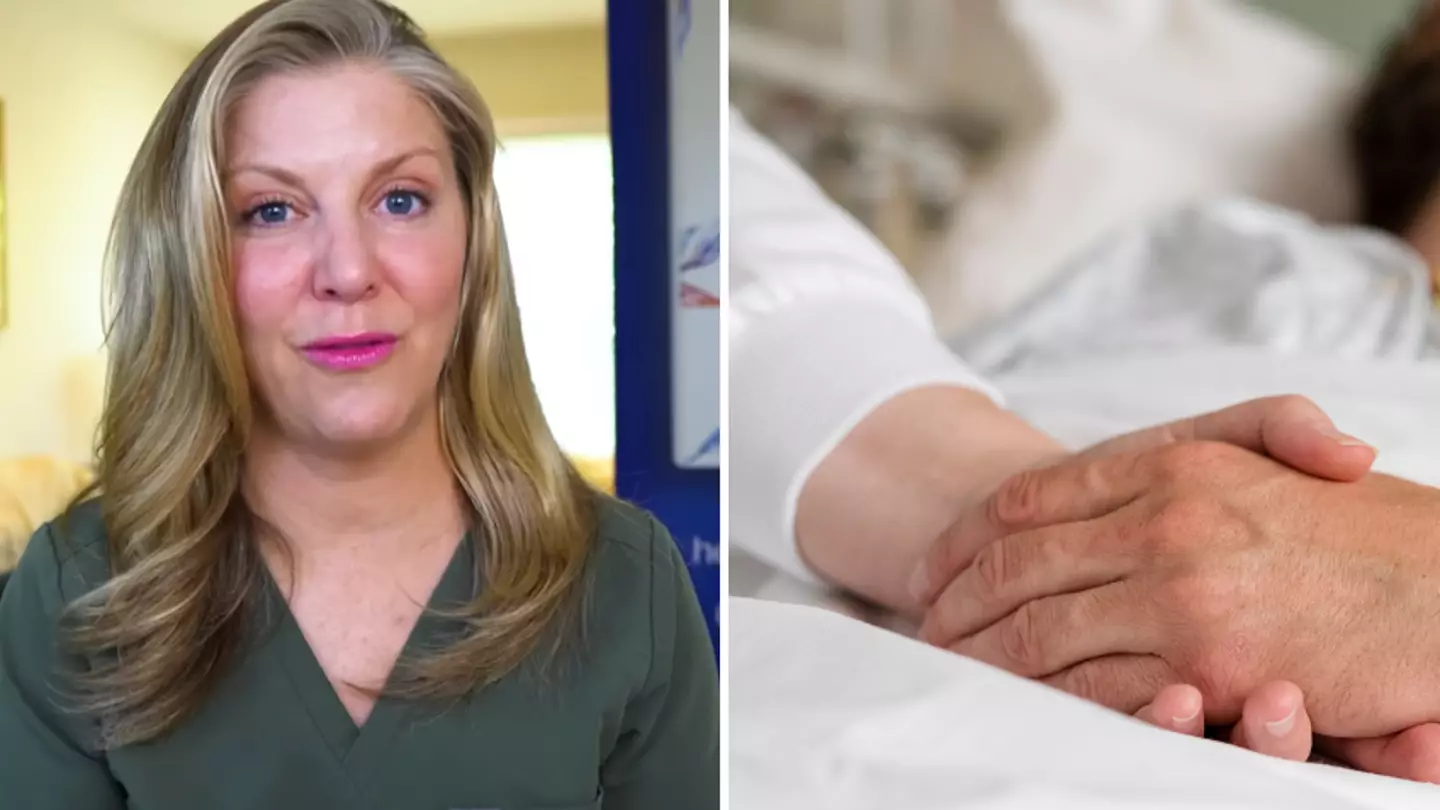A hospice nurse has revealed the first thing that happens to the body after a person dies.
Many of us find talking about death to be difficult, and thinking about what happens after death can be pretty uncomfortable, too.
Hospice nurse Julie McFadden - who goes by @hospicenursejulie on TikTok - is based in Los Angeles, and has spent years working in palliative care.
She shares heaps of information online, explaining what happens before and after a person dies, in order to educate families about what they can expect if they are saying goodbye to a loved one.
Advert
She recently shared a video on YouTube, explaining what actually happens to the body when someone dies.
.jpg)
Julie said: "What happens to your body immediately after it dies? It relaxes.
"Hence why people urinate, have bowel moments, or have fluid come out of their eyes or nose.
Advert
"All of the things that are in your body that are holding fluids in, relax. That's why death can be messy sometimes. After someone dies, not always, but sometimes the body relaxes so much, it releases all of its fluid.
"Very normal, and to be expected sometimes."
Julie also noted that after the body relaxes, its temperature drops 'about one and a half degrees Fahrenheit per hour' to match the room temperature.
She also explained that all of the blood in the body will pool downwards.
Advert
"If you turn them, you will notice the back of the legs will look purple or darker, that's because their blood is pulling down, gravity is pulling it down," the hospice nurse said.

Julie went on to explain something called rigor mortis which is the stiffening of the body. This tends to take place one to two hours after death.
She continued: "I have seen people become very stiff almost immediately after death, and for other people, their body takes longer.
Advert
"But there is a stiffening of the body."
Julie said that this begins in the smaller muscles, before moving to the trunk and then the fingers and toes.
"It happens because the body's metabolism stops and it can no longer produce ATP [adenosine triphosphate] the body's cellular energy," she added.
Julie then said the body does relax again after this process.
Advert

Julie recently opened up about the six common signs that someone is nearing the end of their life.
These include 'terminal lucidity' which is when 'someone is looking very close to death' but then suddenly, their condition improves, as well as visioning, which happens when the patient begins to see relatives or friends who have previously passed away.
Julie explained she has also seen cases where patients 'choose' when the time is right.
This could be because they are waiting to see somebody, or because they are waiting for family to leave before they let go.
Then there's the death reach which refers to a gesture in which the person reaches out into the air, seemingly trying to grab something that isn't there.
Similar to the death reach, the 'death stare' is when someone is 'staring off into the corner or side of the room, for sure looking at something intently'.
And finally, one of the most daunting prospects is what Julie calls the 'shared death experience' which is when a loved one 'feels' what is happening to the patient themselves.
If you have experienced a bereavement and would like to speak with someone in confidence, contact Cruse Bereavement Care via their national helpline on 0808 808 1677.
